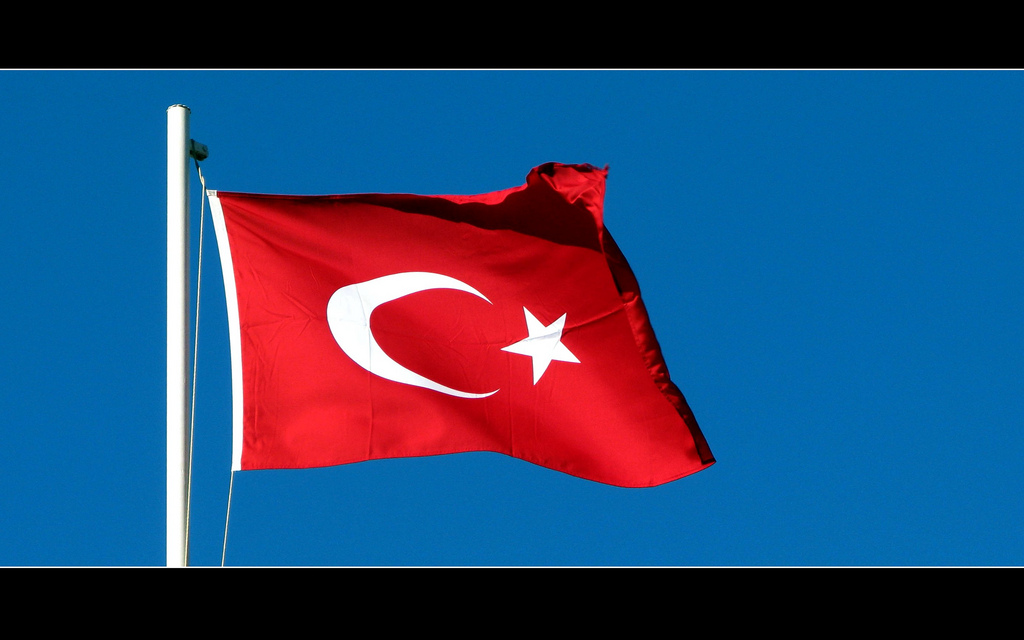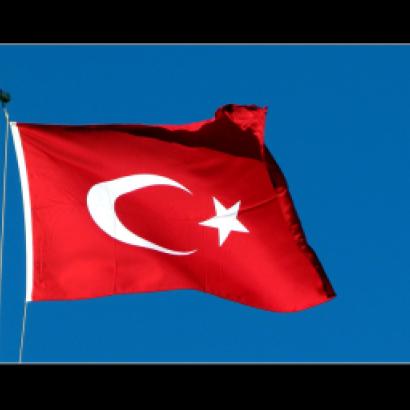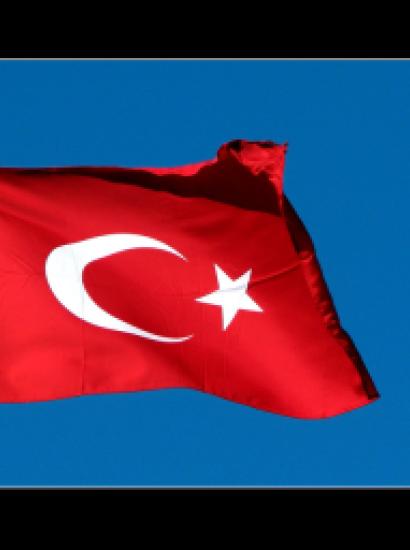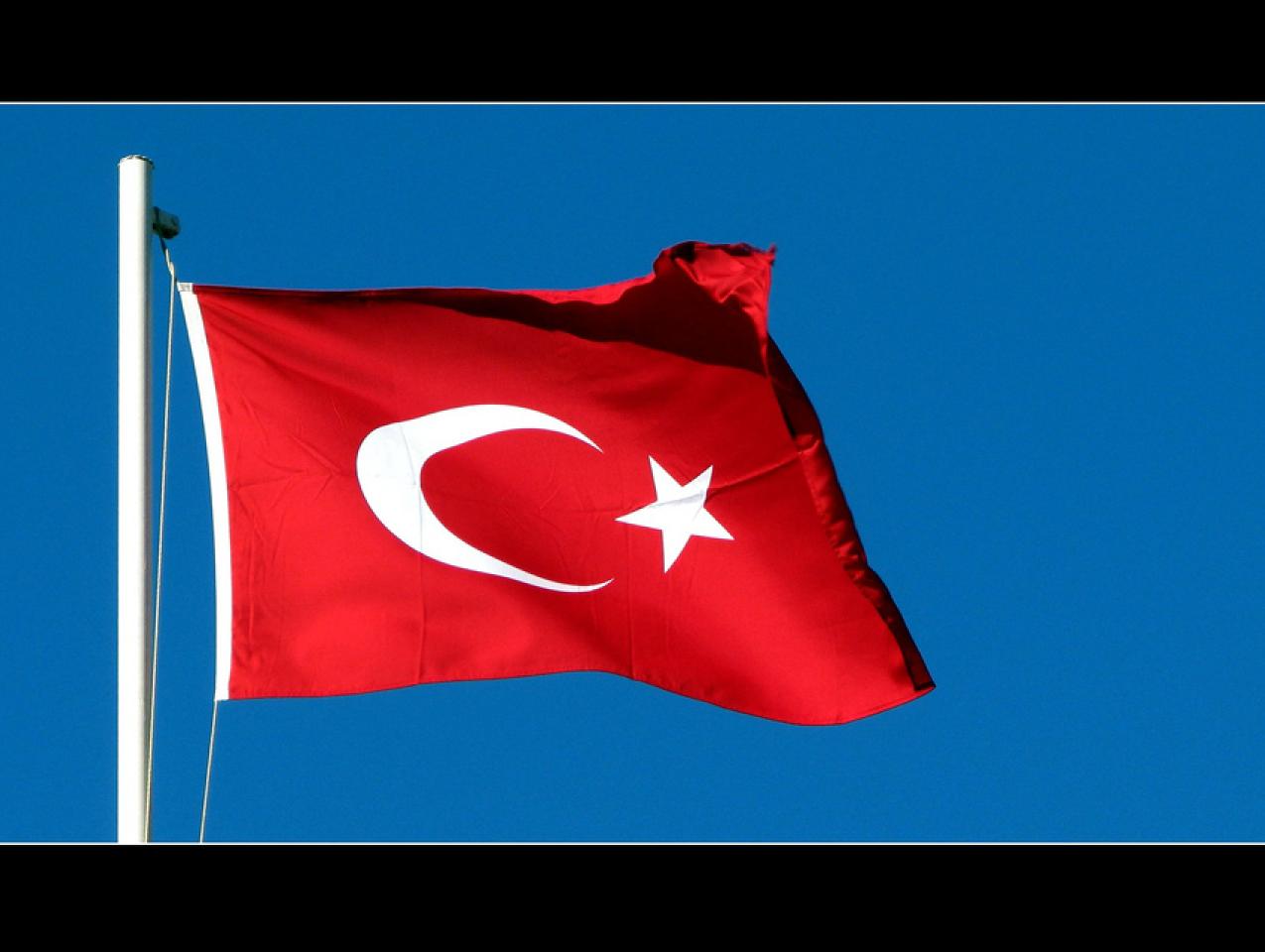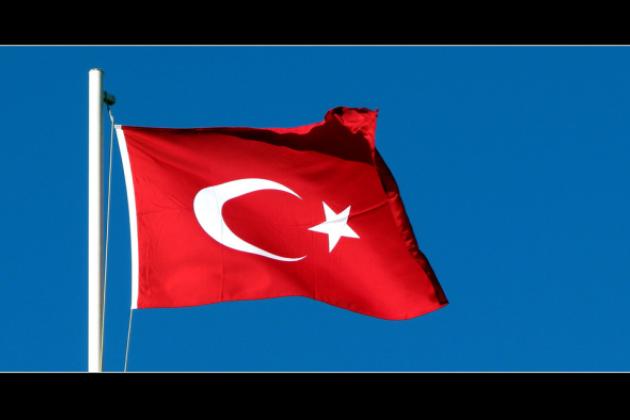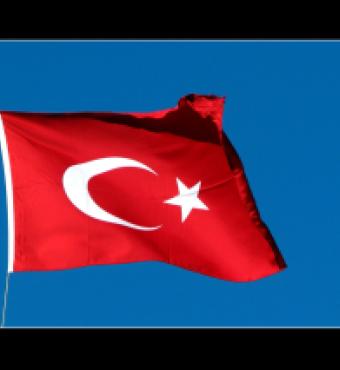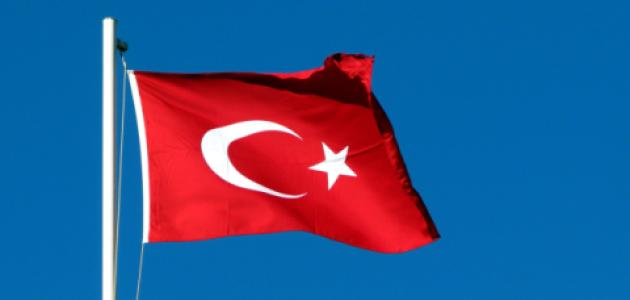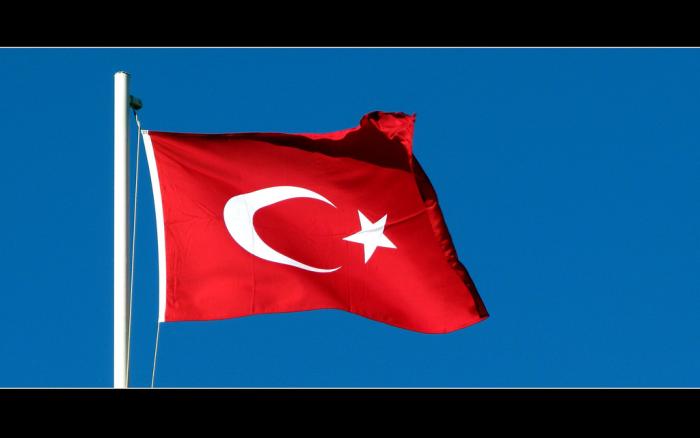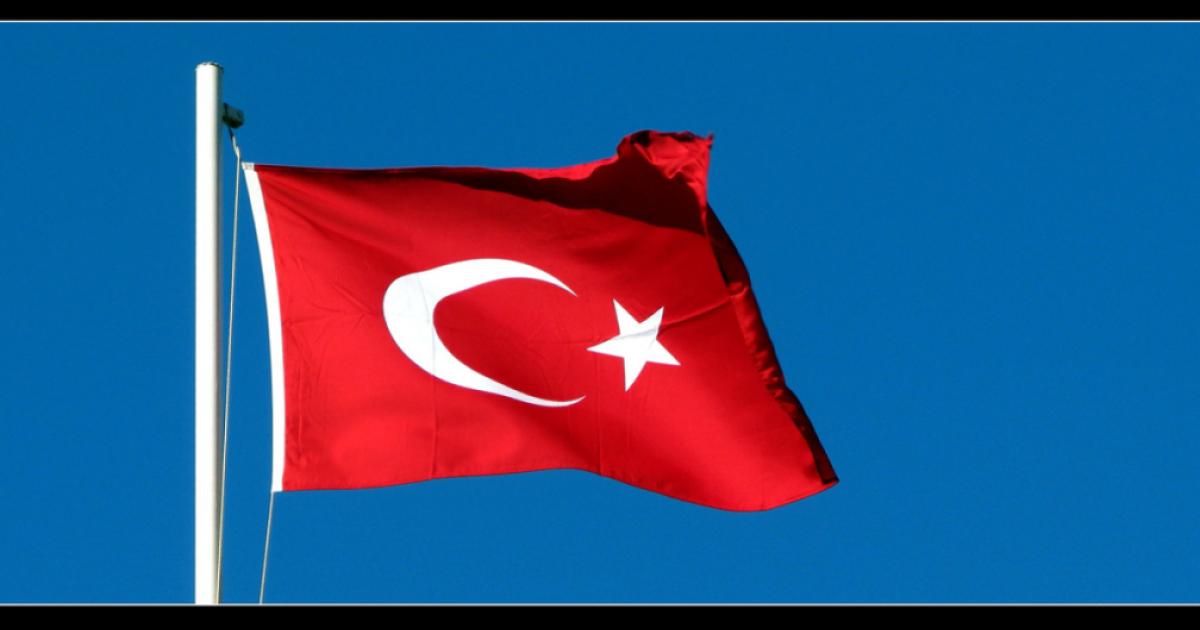For centuries, Islam and the West have been competing to define Turkish identity. Turkey was founded as a secular republic, but Islam has always played a significant role in state and society. Today, Turkey seems to be embracing Islamism over secularism.
In 1923, when Atatürk founded the Turkish republic, he established legal and governmental mechanisms to allow Turks to embrace Islam in their private lives while restraining religion from public affairs. Atatürk’s determination to separate mosque and state sprang from his belief that the fledgling republic needed to modernize if it were to survive. Atatürk’s modern republic would be anchored in the West but based on the Turkic heritage of the East; democracy and Islam would coexist, but public life would be governed by modern secular laws rather than sharia.
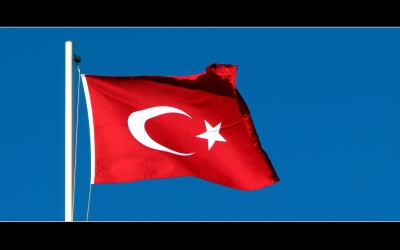
Following Atatürk’s death, Islam episodically regained momentum as an important factor in Turkish identity, but was held in check by civilian and military officials who considered themselves the custodians of Turkey’s secular democracy. On four occasions, the military ousted Turkey’s civilian governments, three times via outright coups d’état. Each time, the military returned political authority to Turkey’s civilian leaders relatively quickly. The model of democracy that governs the republic has thus been peculiar and tumultuous, yet vibrant.
During the past four decades, those who have sought to soften the boundary between Islam and public life have become more organized and influential in Turkish politics. Beginning in the 1970s, Fethullah Gülen’s movement and Necmettin Erbakan’s Islamist political parties launched grass-roots efforts to restore Islam’s key role. In practice, this has meant nudging Turks to accept elements of sharia in both private and public life.
Atatürk’s determination to separate mosque and state sprang from his belief that the fledgling republic needed to modernize if it were to survive.
Increasing evidence suggests that the leaders of the AKP, a Turkish political party in power since 2002, began their political careers within Erbakan’s organizations and are now building on his Islamist legacy, using state institutions to shape public opinion in favor of Islamism. Secularists point to sharp increases in the number of state religious schools and the introduction of Islamic practices such as increased veiling among young women and decrease of tolerance for non-practicing Muslims as clear indicators of a troubling shift.
Statistics showing declines in gender equality and respect for religious and ethnic minorities seem to corroborate the Kemalists’—or secularists—fears about the erosion of the boundary between religion and public life—and with it, the weakening of secular democracy. Such statistics counter the AKP’s insistence that it is simply implementing reforms and other domestic policies that reflect the will of the Turkish voters.
A shift also appears to be underway in Turkish foreign policy. Over the past few years, Europe and the United States have ebbed in Ankara’s national-security calculations, as Turkey’s Islamic neighbors rise in importance. Some degree of deterioration in Turkey’s relations with the West was perhaps inevitable, after the United States proceeded with its war in Iraq and when key European leaders seemed to retreat from the EU’s commitment to accept Turkey as a full member if Ankara implemented necessary reforms. Here, nationalism emerged as a key political factor that transcended all domestic Turkish political divisions.
But the intensity of the AKP government’s anti-U.S. vitriol in 2003-04 and its harsh criticism of Israel in 2009 suggest that an appeal to pan-Islamism may now rival considerations of realpolitik in determining Turkish foreign policy. AKP leaders regularly condemn Israelis for "war crimes" in Gaza, but make little or no mention of Palestinian attacks on Israelis. The AKP’s embrace of (Islamist) Hamas and rejection of (secular) Fatah trumpets a tilt toward Islamism; but the Kemalists hesitate to buck a policy that resonates with Turkey’s general public.
Ankara’s anti-Israel and pro-Hamas approach will continue unless and until leaders across Turkey’s political spectrum realize that this approach jeopardizes Ankara’s ability to act as an honest broker in discussions between Israel and Syria. Moreover, the longer Ankara pursues these policies, the further it moves away from the West, and the harder it will be for Turkey to get back on track with its Euro-Atlantic allies.
Beyond Gaza, Ankara’s embrace of Islamist regimes in Sudan and Iran provide further evidence of the growing importance of Islamist ideology in determining Turkey’s approach to the world.
The European Union can help temper Turkey’s pugnacious approach to the Middle East if key European leaders drop their expressed preference for Turkey to receive only a "privileged partnership"--even if Ankara implements the complete program of mandated reforms--rather than full EU membership. But getting EU-Turkish relations fully on track will also require the AKP to make those reforms and to facilitate a Cyprus settlement. Achieving these goals, in turn, will require clearer leadership from the AKP that Turkey’s strategic home lies within the Euro-Atlantic community and anchored in NATO and the EU, rather than between East and West and tethered to the Organization of the Islamic Conference (OIC).
Turkey’s voters will, in the end, determine whether the slogan "Islamism at home, pan-Islamism in the world" will eventually replace Atatürk’s adage of “peace at home, peace in the world.” For now, the electorate is reacting cautiously to such a momentous change; the public overwhelmingly favors retention of Turkey’s secular and democratic system, while embracing Turkic traditions, including Islam, in the private sphere.
In foreign policy, neither the AKP’s supporters nor those of its opponents seek to abandon Turkey’s partnership with the Euro-Atlantic community. Yes, there is a national consensus—and resentment—that the West under-appreciates Turkey’s strategic importance and that Europe views Turkey as too big and too Muslim to be accepted as a full EU member. But the Turks continue to recognize that national interest make NATO, the EU, and the United States their critical allies.
Ankara’s embrace of Islamist regimes in Sudan and Iran provide further evidence of the growing importance of Islamist ideology in determining Turkey’s approach to the world.
Still, Turkish domestic politics and foreign policy are evolving in new directions. The AKP is operating from a position of strength as it strives to restore Islam as a key determinant of the Turkish identity. For the first time since 1923, those who seek to soften Atatürk’s barrier between Islam and public life have secured the key positions of state power that the Kemalists historically relied on to protect secularism—e.g., the presidency, parliament, prime ministry, courts, ministry of internal affairs, and university rectors. Meanwhile, the AKP’s secular opponents have failed to find a message that appeals to mainstream voters.
For all the electoral success of the Islamists, Turkey’s political majority lies in the conservative center, and has grown weary of Islamist-secularist tension. The mainstream political desire for a stable democracy that embraces both secularism in government and Islam in private life was captured by the slogan embraced by millions of demonstrators in mid-2007: "no sharia, no coup."
Such sentiment was also reflected in the results of Turkey’s municipal elections in March 2009. Prime Minister Recep Tayyip Erdoğan originally predicted that the AKP would win 50 percent of the vote, then adjusted his target to 40 percent as the AKP dropped in the polls. In the end, the AKP fell just below even that revised goal. In coastal cities of Antalya and Izmir, where the AKP campaigned most actively through repeated appearances by Erdoğan (and threatened to cut the budgets of municipalities if non-AKP candidates were elected), voters nonetheless rejected the party’s candidates. And polls in February 2010 indicated AKP support at below 30 percent.
In the coming months and years, the AKP and its Kemalist opponents will probably sharpen their political battle lines. Whether this political struggle will shake the majority of Turkish voters from their current conservative preference for secular democracy and private embrace of Islam will depend on whether AKP can deepen and sustain its hold on power. For now, the ruling party seems intent on bolstering its domestic political position by silencing its critics and expanding its control over media outlets.
Although those are crude tactics, if they succeed, the AKP’s potential challengers will face even greater difficulty unseating it. To do so, they will have to mount a successful appeal to the large mass of voters in Turkey’s political center. As of this writing, the AKP government has proposed amending Turkey’s constitution to "strengthen democracy" in accordance with EU accession requirements. How this debate plays out will likely determine whether AKP pushes for further constitutional reforms that could more seriously weaken the tenets of secularism and elevate the social role of Islam. (The result may be a hardening of anti-Turkey sentiment within the EU, a price the AKP may be willing to pay.)
On the other hand, an over-confident AKP may overstep its popularity. Many centrists in Turkish politics are already criticizing what they view as the party’s increasingly authoritarian tendencies, which they fear are undermining democracy. There are limits to how much backsliding on fundamental freedoms non-Islamist Turks will tolerate. Voters may rebel against growing restrictions on freedom of expression; more women may reject the deterioration in gender equality since 2002 and the growing effort to define their social identity by Islamic norms; and members of religious minorities may form a critical mass of political opposition to anti-Semitism and anti-Alevi discrimination they believe AKP is fomenting. But as of early 2010, Turkey’s voices of protest remain relatively quiet.
***
Can Turkey tether itself between secularism and Islamism? For decades, U.S. foreign policy has assumed that Turkey can exist simultaneously as a key member of the West and as a strategic bridge between East and West. In the wake of the terrorist attacks of September 11, 2001, Washington hoped the AKP might emerge as the Islamic equivalent of Europe’s Christian democratic parties. The Pax Americana in the broader Middle East needed a positive model of a successful and tolerant Muslim state at peace with the world, and Turkey came close to answering that need.
Some of that hope has faded in Washington, as anti-Americanism lingered beyond the presidency of George W. Bush. The durability of anti-Americanism in Turkey suggests that a deep realignment may be occurring within Turkish society. The next few years will be decisive in determining whether it actually occurs, as Turkish voters ponder whether to preserve, refresh, or replace the secular democratic system that has defined their national identity since 1923. At the forefront of such deliberations will be the debate that has endured in Turkey for decades: should Islam dominate social life or be confined to the privacy of the individual believer?
Turkey’s leading foreign historian, Bernard Lewis, once described the Turks as the most "earnest" of Islam’s peoples. Perhaps it is that earnestness that may yet temper the intense struggle between secularists and Islamists, in their most recent battle over Turkey’s destination.







